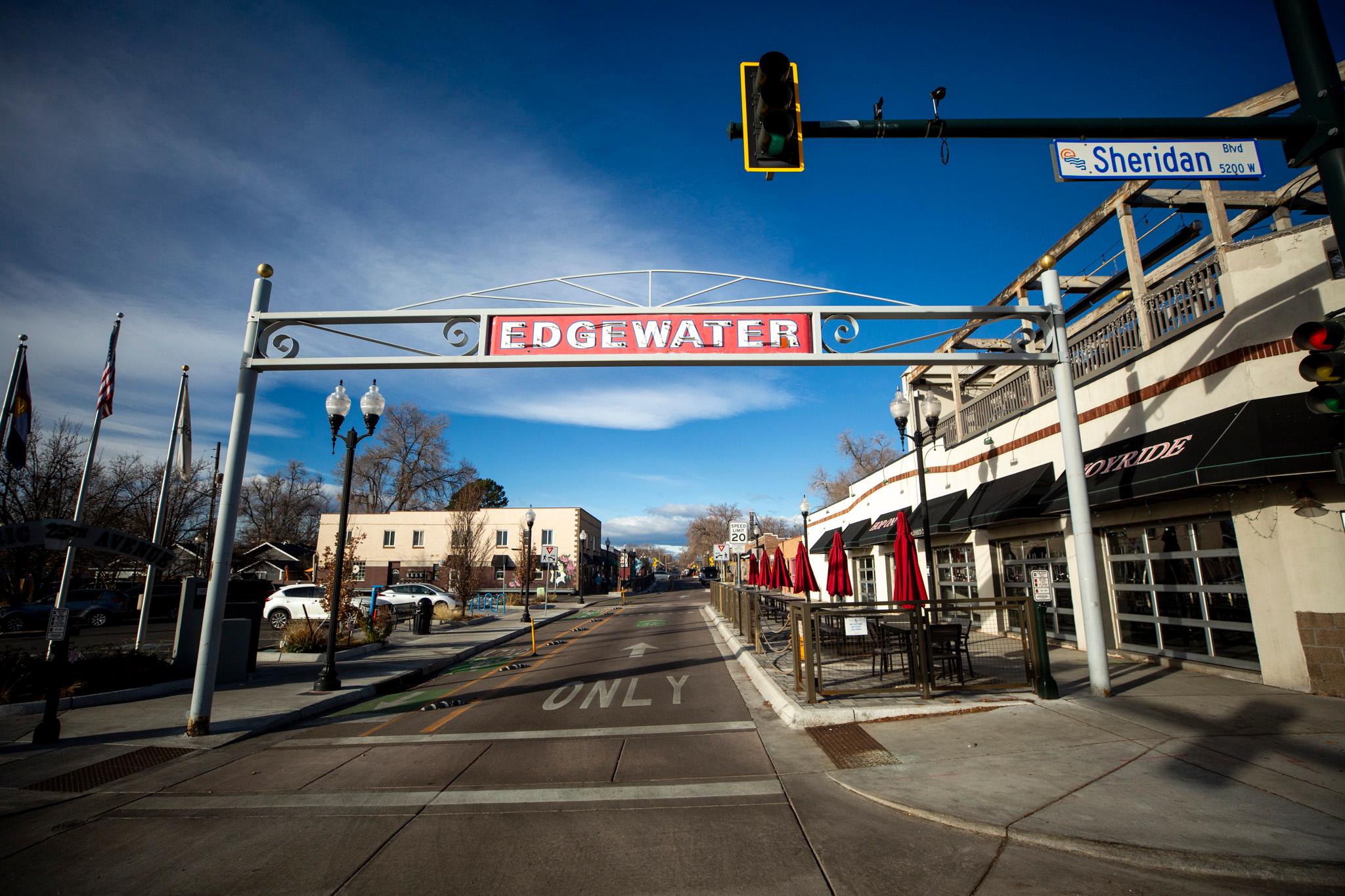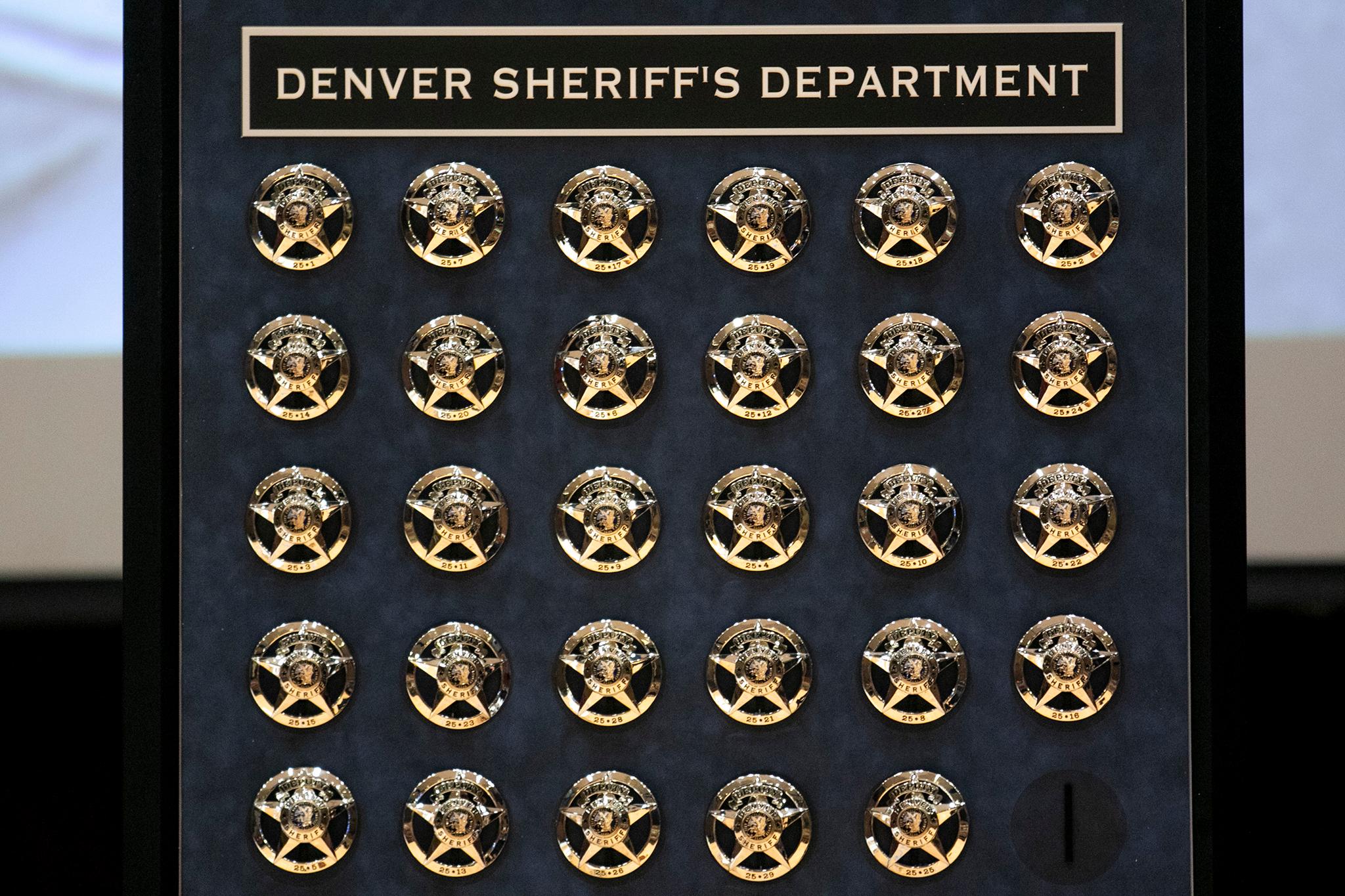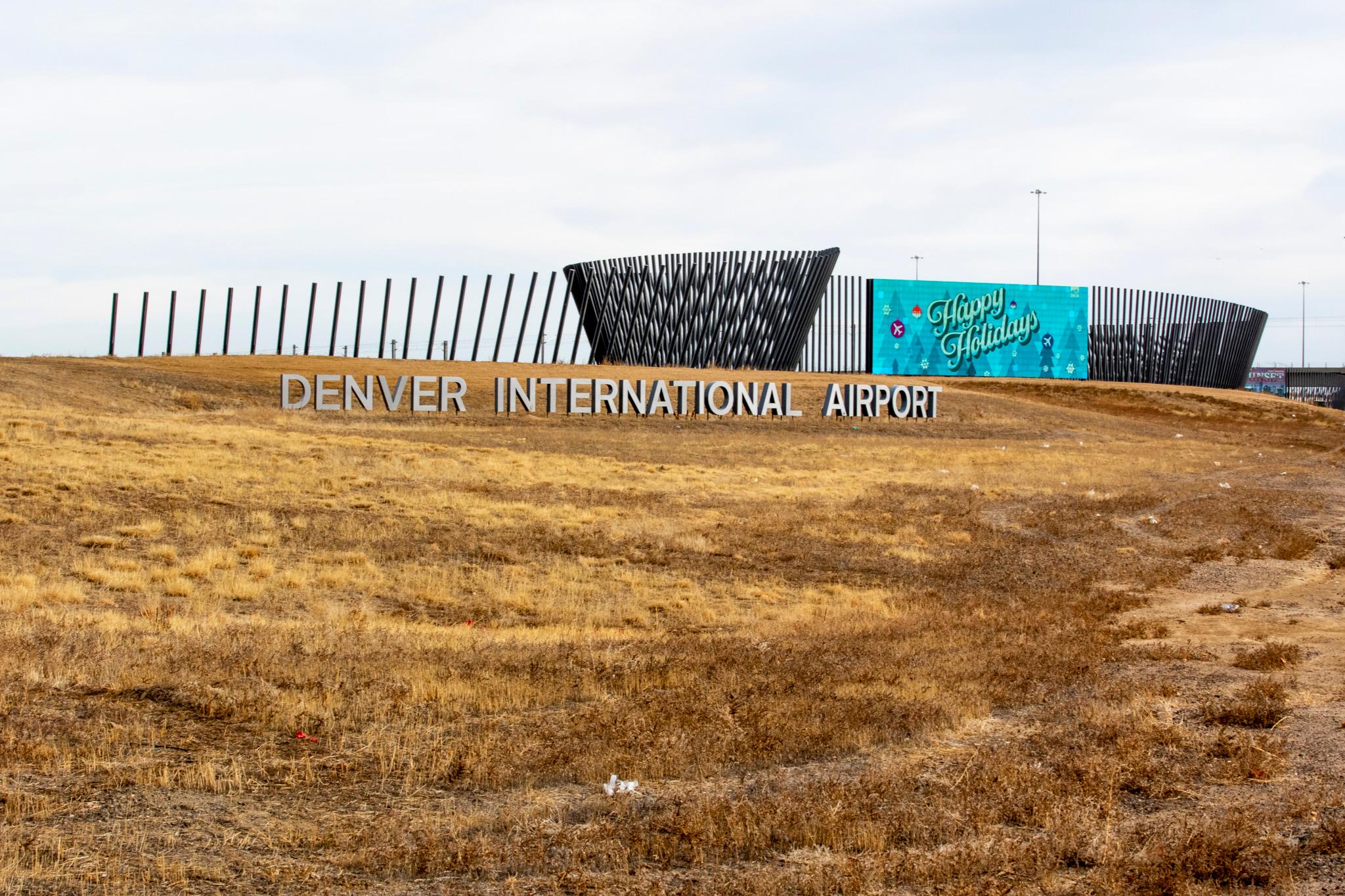Brandon Marshall's decision to kneel during the National Anthem was partially rooted in an incident this summer at a Miami restaurant, according to an editorial that he published yesterday in the Denver Post.
Marshall, a black man, was with three friends at a Miami restaurant when a shooting happened outside, he wrote. A woman in street clothes told them to leave by a certain direction, but he was afraid and didn't trust her directions. Moments later, he found himself facing a Taser and a potential charge of resisting arrest.
He was later released, he wrote, on the condition that he "keep this between" him and the officers.
The connection between this incident and Marshall's protest is obvious: People of color have been saying for decades that they are treated differently by police.
It's nearly impossible to prove what role race played in any one case, but researchers have found that officers in ten large police departments are more likely to use force in interactions with black people than with white people, even when the situation is identical otherwise.
"I knew all the scrutiny I would get. I knew the endorsements I could potentially lose. And I definitely thought about how my team would look at me," he writes.
Sure enough, Marshall made instant headlines when he took a knee ahead of the team's regular-season debut against the Carolina Panthers last week, and he's lost two sponsorship deals already.
"I could see all the cameras shifting toward me," he continues. But Coach Gary Kubiak told Marshall that the team supported him in his protest of racial and social inequality.
The knee, he writes, was "to bring awareness."
Marshall continues: "We’ve started a conversation now, and as much as anyone wants to believe there’s equality and that there is no discrimination in this country, there is. We may not be able to stop it entirely, but we can bring awareness and begin to correct the injustices, be it sexism, ageism, racism — all of it."
Head over to the Denver Post to read the rest of his piece for yourself, including an explanation of how Marshall will give $300 to community groups after every tackle.













